Trust is an ongoing practice that requires more than simply sharing resources; to trust is to voluntarily open oneself up to risk and vulnerability. It is supported by intellectual honesty, knowing one’s limits, and having the humility to consult others. It is practised through respect for the reports of others and willingness to base action on them. Trust in technology emerges when expectations are regularly met and grows as technologies become more dependable. Trust in Information transactions is encouraged by doing what it says it does (and not less or more) and demonstrating repeatability, predictability, dependability, and, thus, reliability.
- Consult others when there are uncertainties
- Identify positive expectations and enable them to be regularly met
Further Information
Trust is multifaceted. It means different things to different people at different times. Bestowing trust in someone, or something, involves opening oneself up to vulnerability. It requires mutual recognition, and regular maintenance. Trusting each other can be difficult enough, but trusting IT systems – particularly those with degrees of autonomy – requires expanding existing concepts of trust. IT systems have to be durable, resilient, consistent. They have to be explainable and accountable for their decisions. Part of achieving this involves building human values and ethical considerations into new IT systems.


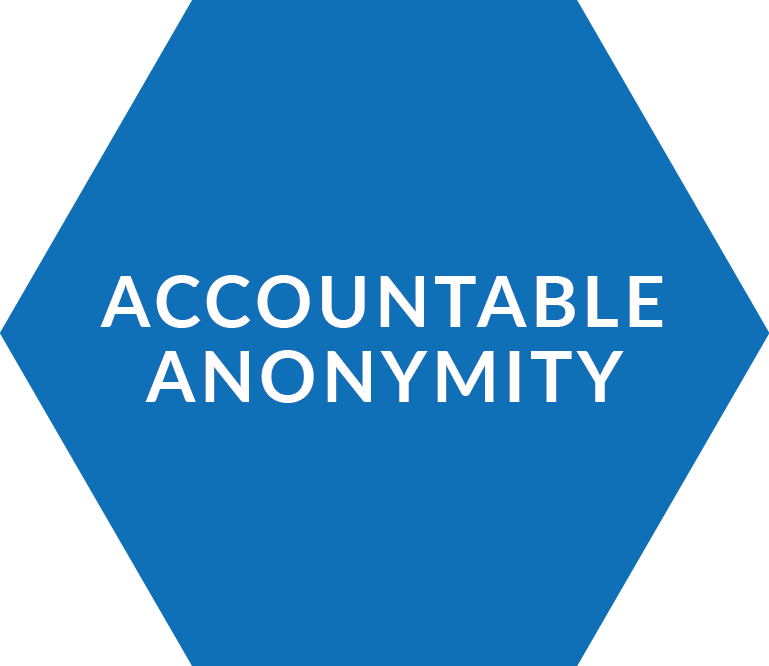
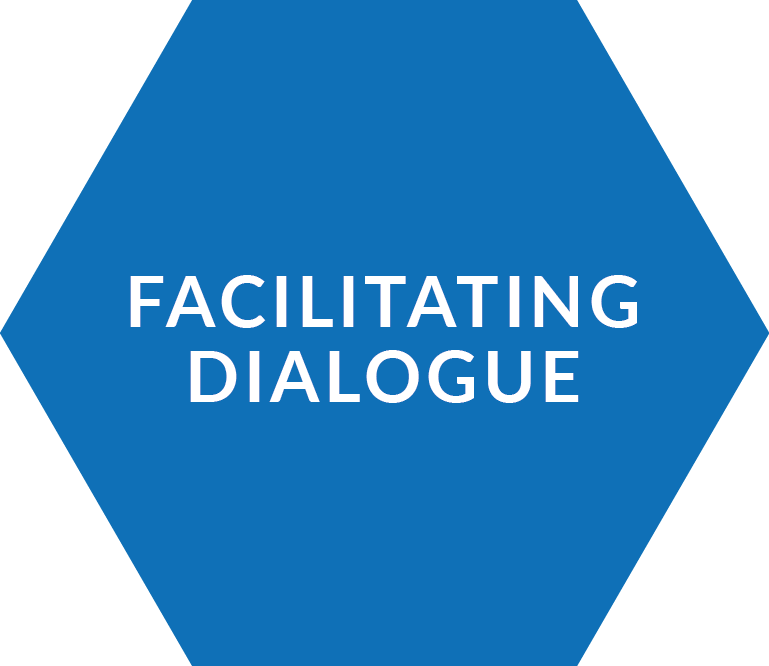
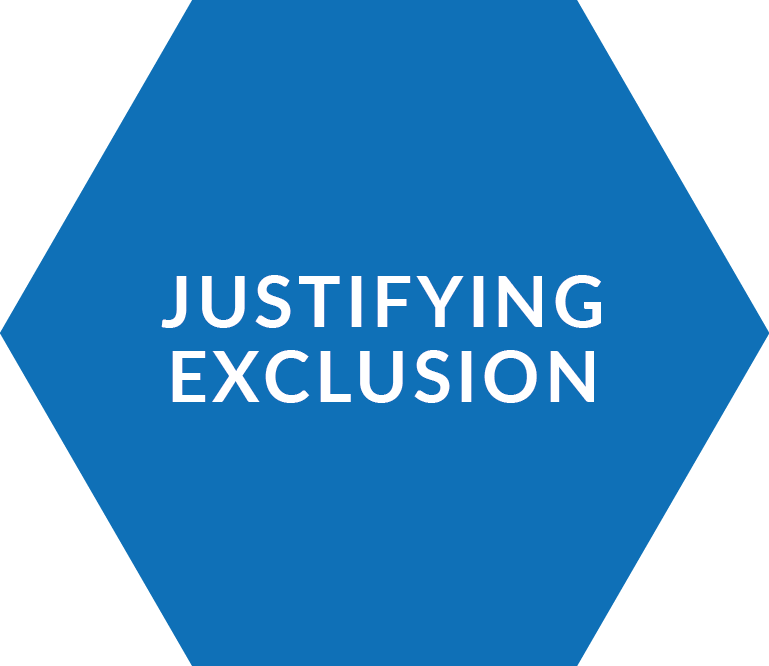
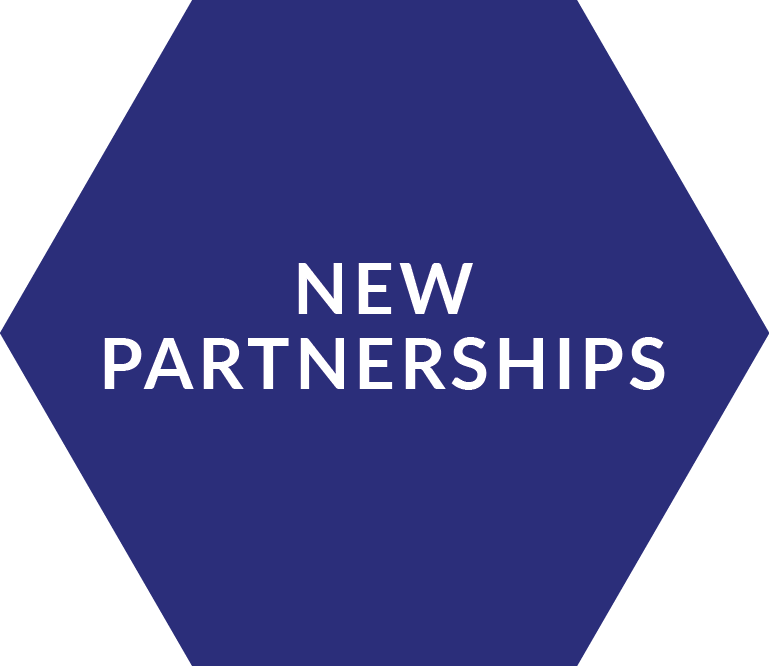
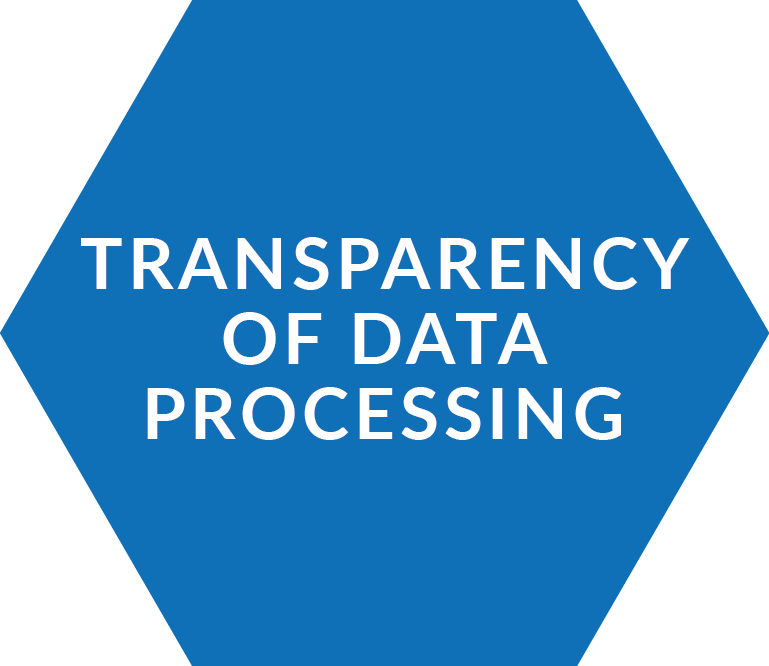
Comments 2
isITethical can support trust. We work in Lancashire, we all know each other, we know the organisations, there’s a culture of trust, which we’ve developed over many many years. But the sort of thing you’re talking about applies soon as you start to move outside the Lancashire comfort zone. There’ll be elements of trust with adjoining areas, Manchester, Merseyside, Cumbria but when you get beyond that, you need to know that the other people are working to the same ethical standards, the same legislation. isITethical can give you re-assurance: we are applying these common minimum standards, ok we can talk to you.
Mark Bartlett Civil Contingencies Officer, Lancaster City Council
Dear Mark
thank you very much, that’s a really thoughtful comment. Indeed, we think of the isITethical Guidance as a form of ‘soft standards’ and our methods of creative ethical impact assessment are intended to develop shared capacity. We’re pursuing ideas of certification with our services, which would make this an official means of supporting trust.